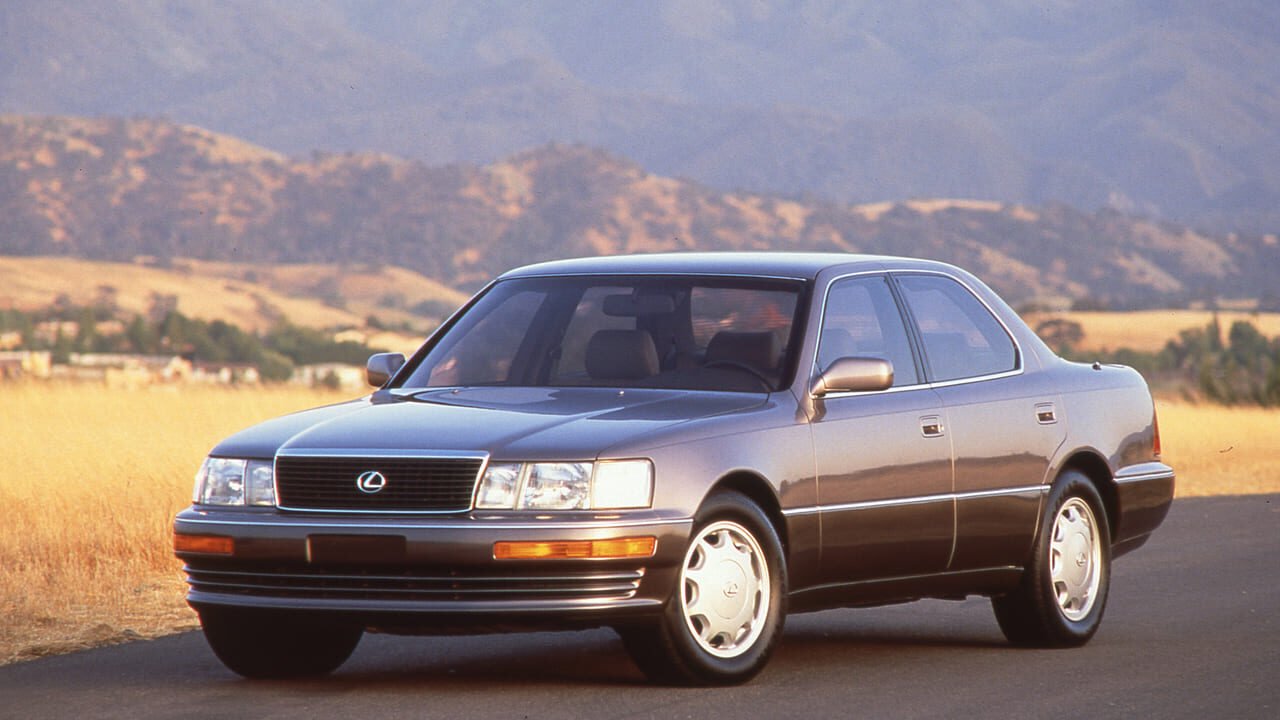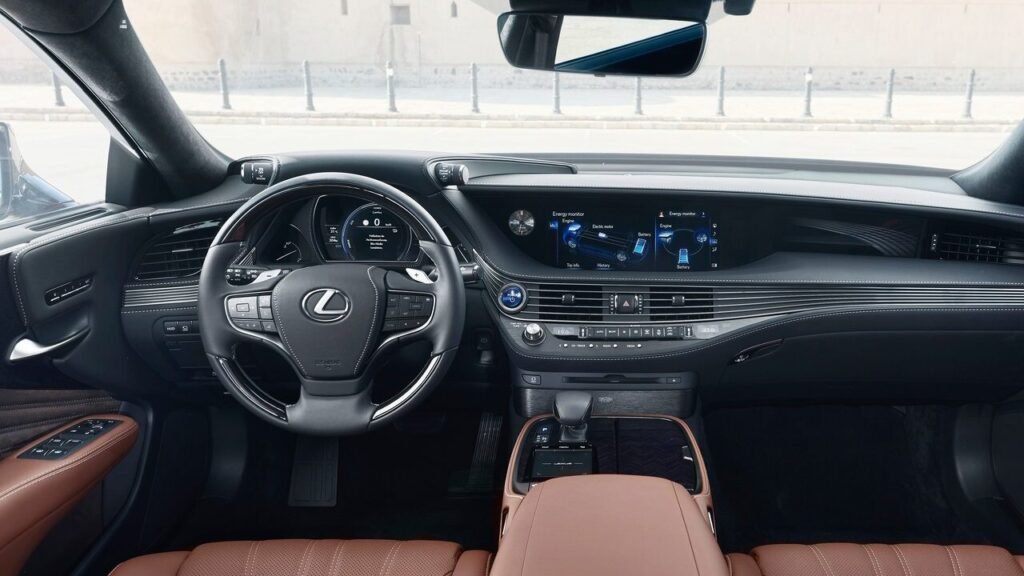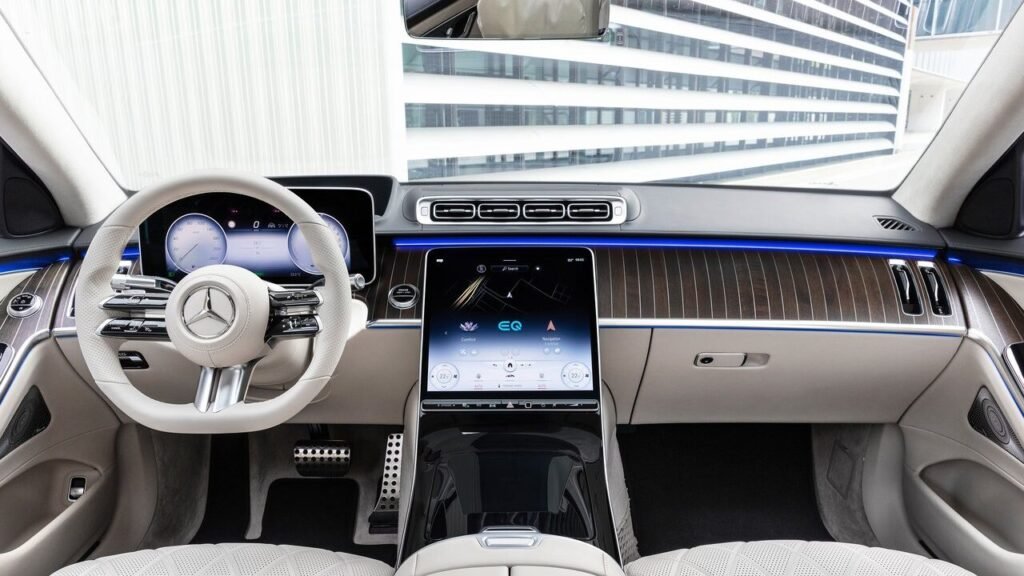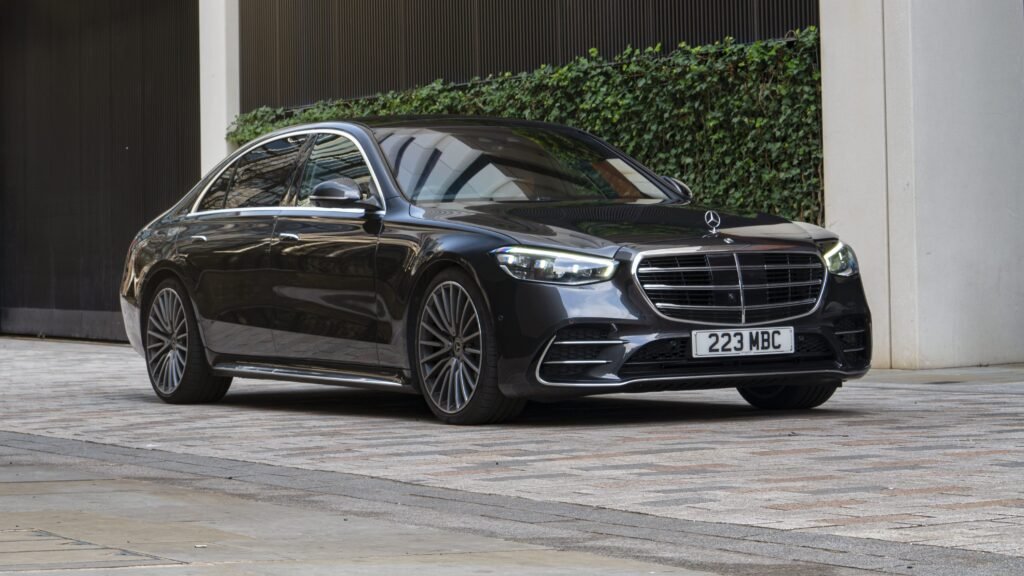For automotive enthusiasts who value high-end craftsmanship, refined engineering, and pioneering technology, the rivalry between Lexus and Mercedes-Benz is particularly intriguing. While Lexus emerged comparatively later in the luxury sphere, it quickly established a reputation for impeccable reliability and serene opulence. Mercedes, on the other hand, built its name over more than a century, synonymous with milestone innovations and stately elegance. Merging their distinct histories, engineering approaches, and market philosophies provides a comprehensive look at where each excels.
Origins and Brand Philosophies
Lexus
Introduced in 1989 under Toyota’s umbrella, Lexus startled an established European-dominated luxury market with the LS 400. This groundbreaking sedan offered a level of quietness, build quality, and advanced features—like electronically controlled air suspension and exceptional sound insulation—uncommon at the time. Its dramatic entrance challenged rivals like Mercedes-Benz and BMW, pushing them to reevaluate the refinement and reliability in their own lineups. Since then, Lexus has:

- Expanded across multiple segments, with SUVs (RX, GX, LX) and sedans (ES, GS, IS) catering to diverse preferences.
- Emphasized hybrid and electrified technologies, exemplified by the RX 400h (one of the earliest mainstream luxury hybrids) and newer battery-electric models.
- Maintained a focus on craftsmanship, often attributed to Takumi master artisans, who uphold Toyota’s strict quality standards.
Mercedes-Benz
Tracing its lineage to Karl Benz’s invention of the first gasoline-powered car in 1886, Mercedes has long defined automotive luxury and innovation. Over the decades, it:
- Rolled out iconic models like the W111 full-size sedans, which represented comfort and elegance during the 1960s.
- Pioneered safety and design breakthroughs, including the legendary 300SL Gullwing and early adoption of ABS (in partnership with Bosch).
- Evolved a diverse range: from compact A-Class models to opulent flagships like the S-Class and performance-oriented AMG divisions, which introduced handcrafted powerplants delivering remarkable power and sophistication.
Engineering and Technology
Lexus: The Pursuit of Reliability and Innovation
Reflecting Toyota’s ethos, Lexus places unwavering emphasis on mechanical simplicity and longevity. This approach fuels its top-tier positions in reliability rankings by organizations like J.D. Power and Consumer Reports. Hallmark innovations include:
- Electronically Controlled Air Suspension: Debuted in the LS 400, ensuring ride comfort and stability across varying road conditions.
- Lexus Hybrid Drive: Blending internal combustion with electric propulsion for improved fuel efficiency and low emissions—an early foray into eco-conscious luxury.
- Cutting-Edge Infotainment and Driver-Assistance: Lexus models incorporate intuitive touch interfaces, advanced safety suites (Lexus Safety System+), and meticulously tuned cabin insulation.
Mercedes-Benz: Blending Tradition with Modern Complexity
Mercedes remains synonymous with advanced automotive engineering, from the first full-size sedans like the W111 to today’s cutting-edge models. Core technological achievements:
- Active Body Control (ABC): A hydropneumatic suspension technology that reduces body roll and pitch.
- AMG Performance Line: Hand-assembled engines such as the M178 biturbo V8, delivering impressive torque and refined power delivery.
- EQ Series: A rapidly expanding electric lineup highlighting advanced battery tech, over-the-air software updates, and futuristic infotainment (MBUX).
Model Range and Real-World Comparisons
Driving Dynamics and Performance
Lexus is renowned for delivering smooth, refined performance—especially in models like the LS and ES—where the focus leans toward a relaxed yet responsive drive. Conversely, Mercedes embraces a broader spectrum:
- Entry-level sedans (A-Class, C-Class): Offering a luxury stepping stone with advanced tech features.
- SUV range (GLE, GLC): Balancing premium comfort with family-friendly versatility.
- AMG Division: A parallel to Lexus’s F performance arm, but with a historic racing pedigree and an emphasis on dramatic power.
Although Lexus rarely matches the raw horsepower figures of AMG’s upper echelons, it excels in day-to-day refinement. Both brands offer hybrid or electric variants showcasing their commitment to sustainability.

Design and Interior Experience
Lexus interiors highlight subtle Japanese craftsmanship—Takumi artisans ensuring near-flawless fit and finish. Features such as ambient lighting, ventilated seats, and intricate wood or aluminum accents are commonplace.

Mercedes draws on timeless German luxury, with design hallmarks like sweeping dash lines, Nappa leather seats, and abundant tech integration (digital cockpits, advanced climate control). While aesthetic preferences remain subjective, both brands champion premium materials and innovative cabin technologies.

Pricing and Market Position
Lexus often positions itself at a slightly lower or comparable price point versus equivalent Mercedes models, leveraging Toyota’s manufacturing efficiencies while delivering premium features. The LS 400 originally undercut German competitors, a tradition that continues in sedans and SUVs alike. Meanwhile, Mercedes covers a broader cost spectrum, from the relatively affordable A-Class to the S-Class or AMG GT models that can exceed six-figure sums. This flexibility grants Mercedes wide market appeal but also underscores brand prestige at the higher end.
Reliability and Ownership Costs
Lexus consistently tops reliability surveys due to a streamlined approach to mechanical complexity, thorough quality control, and robust hybrid tech. Owners benefit from lower long-term repair costs and strong resale value, making Lexus particularly attractive to pragmatic luxury buyers.
By comparison, Mercedes has introduced frequent technological leaps, including advanced infotainment interfaces and driver-assist features. While these innovations often prove groundbreaking, they can bring higher repair expenses if issues arise out of warranty. Properly maintained, however, both brands can deliver excellent longevity.
Conclusion
The competition between Lexus and Mercedes is intense and has its own unique aspects. Lexus taps into Toyota’s reputation for engineering to create super refined cars that are known for their reliability. On the other hand, Mercedes brings over a hundred years of tradition, innovation, and performance to the table. Each brand appeals to a different kind of luxury car buyer: Lexus attracts those who appreciate peace, long-lasting quality, and a touch of elegance, while Mercedes appeals to those who are passionate about heritage, modern features, and a wide range of performance options.
As both brands push forward with hybrid, electric, and semi-autonomous advancements, what often sways buyers comes down to personal tastes—whether they prefer comfort over tradition or tranquility over performance vibes. No matter which side you lean toward, both Lexus and Mercedes are defining what modern luxury looks like and paving the way for the automotive world today and in the future.
If you want to avoid common mistakes when picking a used luxury SUV, take a look at The Best Used Mercedes-Benz SUVs on The Top Car List. And if you’re wondering how long Japanese cars tend to last, check out Are Japanese Cars the Longest Lasting? for some useful info. For more side-by-side comparisons and detailed reviews, don’t forget to save our homepage!

